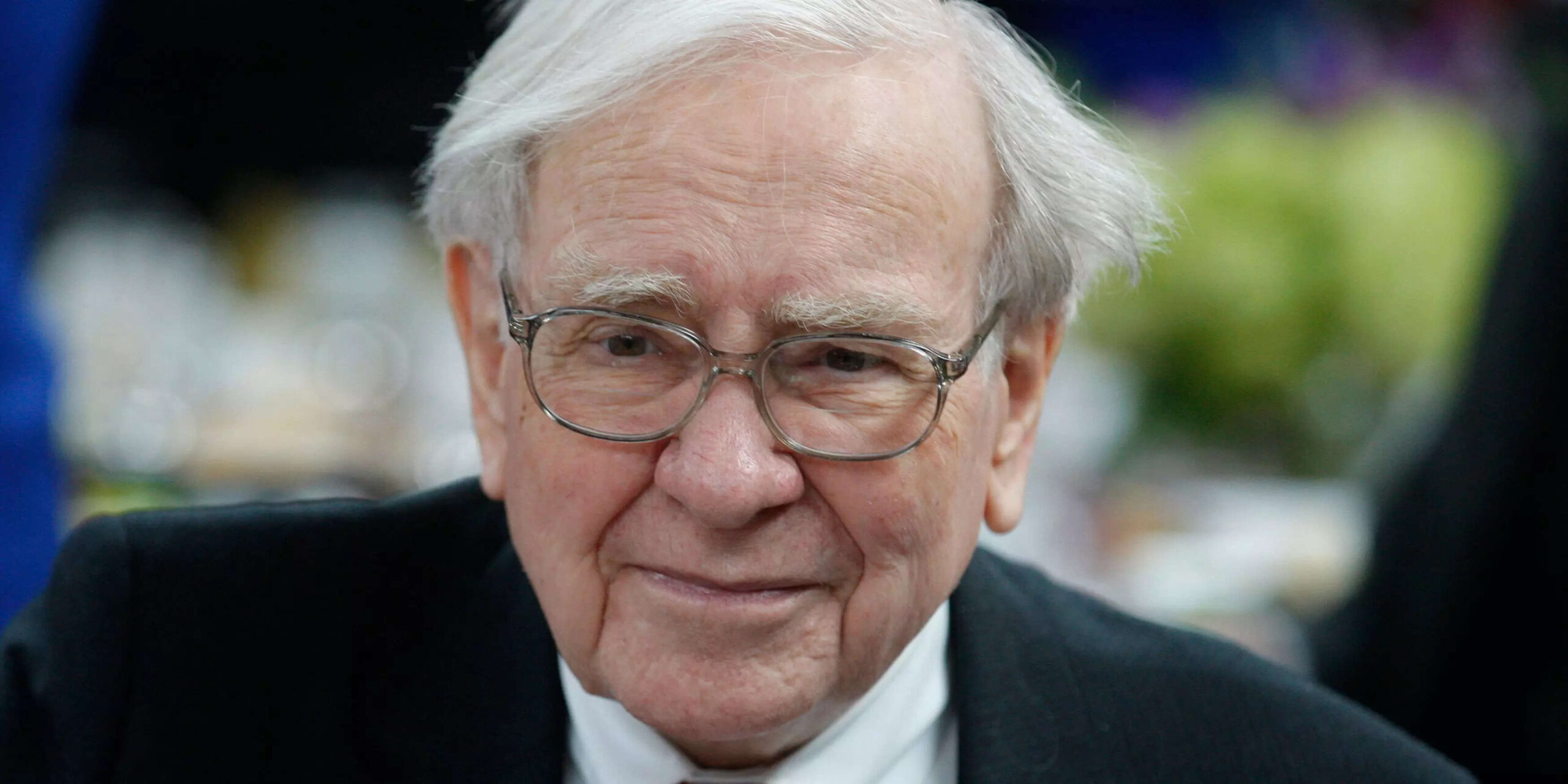Renowned investor Warren Buffett is facing allegations of potentially violating Berkshire Hathaway’s ethics policies, which he himself authored, by engaging in personal stock trades parallel to the conglomerate’s activities. ProPublica reported on Thursday that leaked IRS data indicated Buffett may have breached the company’s ethical guidelines.
Buffett, known for his discretion regarding personal holdings despite the scrutiny Berkshire’s portfolio attracts, reportedly made trades in his personal portfolio involving the same companies that Berkshire was actively trading. The leaked IRS data covers the last two decades and reveals instances where Buffett’s personal trades aligned with Berkshire’s transactions in the same quarter or the preceding one.

While Insider’s request for comment remains unanswered by Berkshire, ProPublica’s attempts to reach Buffett also yielded no response.
Berkshire Hathaway’s ethics policies explicitly state that all securities transactions, whether anticipated or realized, must be publicly disclosed before employees can engage in personal trading of those stocks. Furthermore, Buffett himself has previously acknowledged that trading the same stocks as Berkshire would present a conflict of interest.
ProPublica’s report outlines that between 2000 and 2019, Buffett executed personal stock sales amounting to at least $466 million. It’s important to note that the records examined by ProPublica did not include information on securities he purchased and retained.
Here are three instances of stock sales highlighted by ProPublica:
- On April 24, 2009, Buffett sold $20 million worth of Wells Fargo shares in his personal account, though the specific transaction Berkshire made in the stock during that period was not specified. Berkshire was already a significant shareholder in Wells Fargo.
- In August 2009, Buffett personally sold $25 million in Walmart stock. The report does not clarify the chronological order, but during the same quarter, Berkshire notably increased its stake in the retailer.
- In October 2012, Buffett privately sold $35 million of Johnson & Johnson shares, a stock that Berkshire also divested. The filing at the quarter’s end did not specify the date of Buffett’s transaction, but Berkshire continued selling millions more shares in the following two quarters.
The allegations suggest a potential breach of Berkshire Hathaway’s ethical guidelines by its own founder and raise questions about the extent of disclosure and adherence to established policies within the conglomerate.









